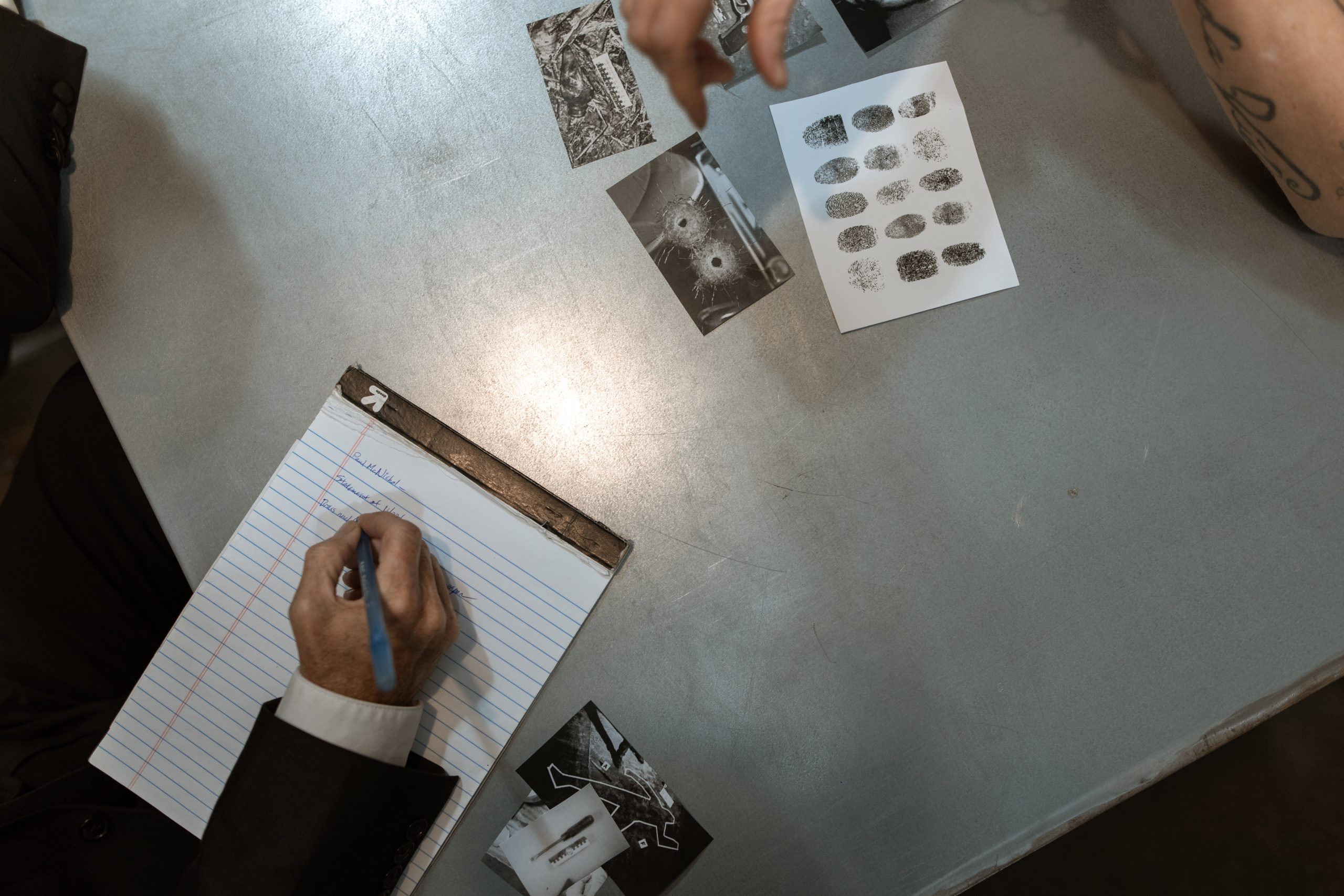 One of the most confusing and controversial provisions of the new Title IX regulations is a provision that bars the decision-maker from considering any statement by a party or witness who does not submit to cross-examination at the hearing:
One of the most confusing and controversial provisions of the new Title IX regulations is a provision that bars the decision-maker from considering any statement by a party or witness who does not submit to cross-examination at the hearing:
“If a party or witness does not submit to cross-examination at the live hearing, the decision-maker(s) must not rely on any statement of that party or witness in reaching a determination regarding responsibility; provided, however, that the decision-maker(s) cannot draw an inference about the determination regarding responsibility based solely on a party’s or witness’s absence from the live hearing or refusal to answer cross-examination or other questions.”
This provision imposes a blanket ban on considering statements made outside the hearing if the party or witness does not submit to cross-examination. In real court proceedings, there is an entire body of evidence law that addresses when and how out of court statements can be relied on at trial. For example, in a criminal case the prosecution can often rely on “fresh complaint” evidence (statements a victim of sexual assault made shortly after the assault), whether or not the victim testifies at trial. If parties refuse to testify at trial, statements they previously made that are counter to their own interests can be admitted—which would allow a court to consider an alleged sexual assailant’s admissions or inculpatory statements, and also allow a court to consider any statements a complainant or victim made that suggest any part of his/her account was fabricated or inaccurate. In real court hearings, out-of-court statements are also frequently used not to prove the truth of the statements themselves, but to call into question the credibility of a party or witness. The Title IX regulation indicates that statements made by a party cannot be used even for this purpose if the party does not submit to cross-examination.
CONTINUE READING ›
 Boston Lawyer Blog
Boston Lawyer Blog









